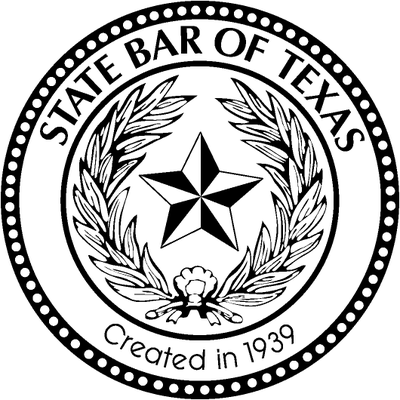I have a fear of fashion. I don’t like to wear things that are too loud, too big, or, as my best friend with the opposite fashion sense likes to say, too “look-at-me.” Yesterday I wore a scarf. It was borderline traumatic.
I have another friend, Carol—a shopping expert—who helps me face this fear. We once had a fight about skinny jeans. I think it brought us closer together.
Lawyers’ relationships with experts are much like my relationship with Carol. I need her help—badly—but if what she is suggesting does not advance my interests, her expertise is no good to me. Which is why I have asked her to stop bringing me orange tops. And which brings me to my point about the role of experts in litigation: lawyers don’t know what experts know. We can’t do what experts do. But our job as attorneys, according to the Texas Lawyer’s Creed, is to “employ all appropriate means to protect and advance the client’s legitimate rights, claims, and objectives.” That is what we hire experts to help us do. And if the expert cannot help us do that, he is no good to us.
That doesn’t mean we should tell the expert how to do his job or ask the expert to alter the result to fit our client’s desired outcome. Absolutely not. An expert’s work must meet the rigorous standards of reliability and trustworthiness. If it doesn’t meet those standards, it has no place in a court of law. But an expert’s job is not ONLY to provide his legitimate expertise—it is to do so in a way that advances the client’s interest.
I had dinner with two economists last week, at which we had a lively debate about this topic. One economist, Andrew Cook of FTI Consulting, disfavors the term that lawyers often use to refer to experts: “hired gun.” So next week I invite Andrew to share his view about the role of experts in litigation on Texas Business Matters. Stay tuned.









